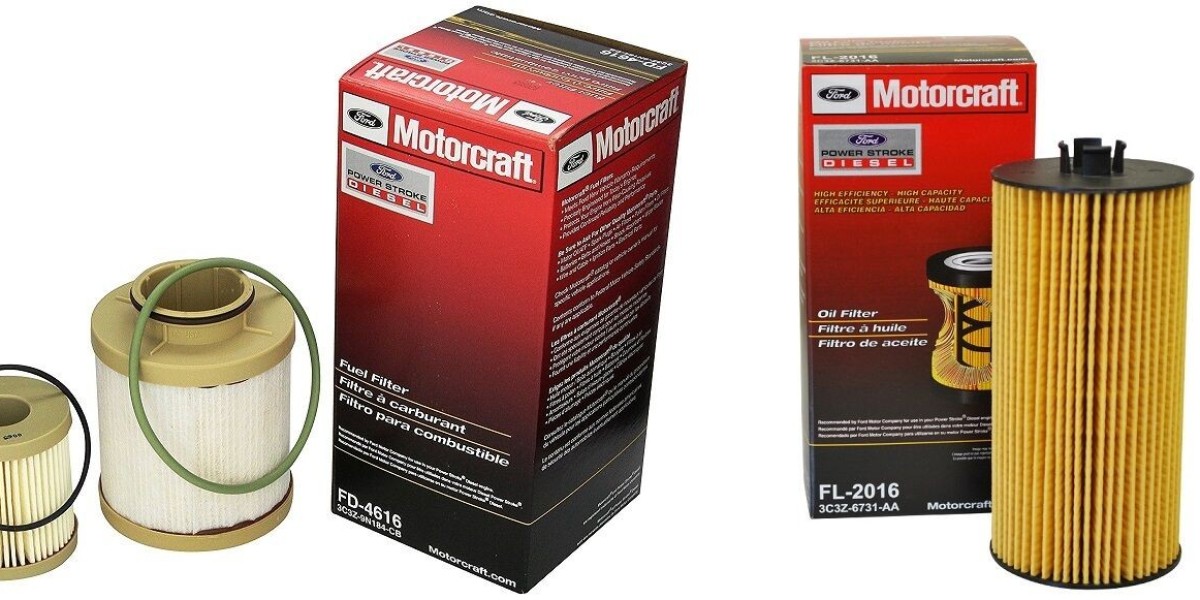A Fuel Water Separator is an essential component in any fuel system, particularly those that rely on diesel or other fuels prone to contamination. These devices play a crucial role in protecting your engine from the detrimental effects of water and other impurities that can infiltrate the fuel supply.
Understanding the Threat of Water in Fuel
Water in fuel can cause a range of problems for your engine, including:
- Corrosion: Water can corrode metal components within the fuel system, leading to leaks, reduced fuel flow, and eventual engine failure.
- Bacterial growth: Water can provide a breeding ground for bacteria, which can clog fuel filters and injectors.
- Reduced engine performance: Water can interfere with the combustion process, leading to decreased power, increased emissions, and difficulty starting the engine.
- Fuel system damage: In extreme cases, water can cause significant damage to fuel injectors, pumps, and other sensitive components.
How Fuel Water Separators Work
Fuel water separators utilize a combination of physical and chemical principles to remove water and other contaminants from fuel. The most common types include:
- Coalescing separators: These separators use a specialized filter medium that attracts and traps water droplets, allowing clean fuel to pass through.
- Centrifugal separators: These separators use centrifugal force to separate water from fuel. As the fuel spins within the separator, the heavier water is forced to the outer edge, where it can be drained off.
- Desiccant separators: These separators use a drying agent, such as silica gel, to absorb moisture from the fuel.
Benefits of Using a Fuel Water Separator
Investing in a fuel water separator offers numerous benefits, including:
- Improved engine performance: By removing water and other contaminants, fuel water separators can help to improve engine efficiency and reduce fuel consumption.
- Extended engine life: Protecting your engine from the harmful effects of water can significantly extend its lifespan.
- Reduced maintenance costs: Regular use of a fuel water separator can help to prevent costly repairs due to fuel system damage.
- Enhanced fuel quality: Fuel water separators ensure that only clean, dry fuel reaches your engine, leading to optimal combustion and reduced emissions.
Choosing the Right Fuel Water Separator
When selecting a fuel water separator, consider the following factors:
- Fuel type: Different separators are designed for specific fuel types, such as diesel, gasoline, or kerosene.
- Flow rate: The separator’s flow rate should match the fuel system’s requirements.
- Filtration efficiency: The separator’s ability to remove water and other contaminants should meet your specific needs.
- Maintenance requirements: Some separators require more frequent maintenance than others.
Maintaining Your Fuel Water Separator
To ensure optimal performance, it is essential to maintain your fuel water separator according to the manufacturer’s recommendations. This typically includes: Also read it
- Regularly checking and draining water: Most separators have a drain valve that allows you to remove accumulated water.
- Replacing filter elements: The filter elements should be replaced at the recommended intervals to maintain filtration efficiency.
- Inspecting for leaks: Regularly inspect the separator for any leaks or signs of damage.
By incorporating a fuel water separator into your fuel system, you can significantly enhance the performance, longevity, and overall health of your engine. Protecting your investment and ensuring optimal fuel quality are just a few of the many benefits that come with using this essential component.



